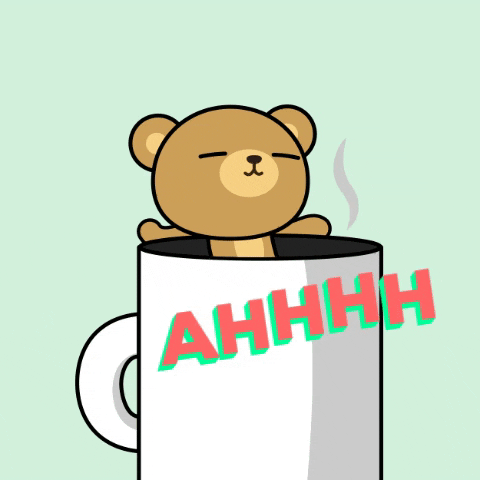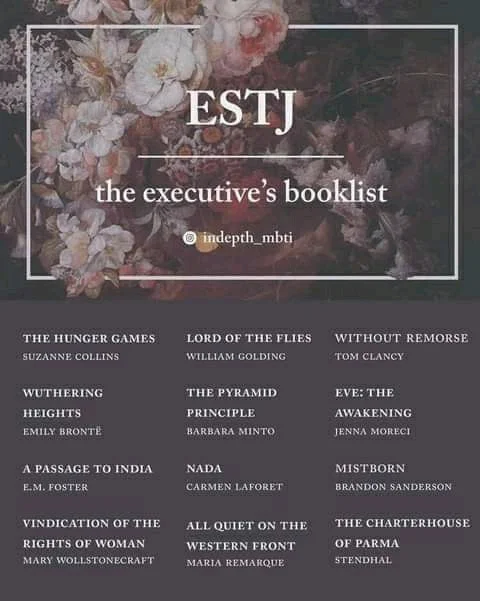We use cookies on our website for a number of purposes, including analytics, performance, and advertising. Learn more.
OK!
Boo
SIGN IN
Japanese ESTJ Anime Characters
Japanese ESTJ Dual! Parallel Trouble Adventures (Dual! Parare RunRun Monogatari) Characters
SHARE
The complete list of Japanese ESTJ Dual! Parallel Trouble Adventures (Dual! Parare RunRun Monogatari) characters.
Debate the personality types of your favorite fictional characters and celebrities.
SIGN UP
40,000,000+ DOWNLOADS
Debate the personality types of your favorite fictional characters and celebrities.
40,000,000+ DOWNLOADS
SIGN UP
Discover the depths of ESTJ Dual! Parallel Trouble Adventures (Dual! Parare RunRun Monogatari) characters from Japan right here at Boo, where we connect the dots between fiction and personal insight. Here, every story's hero, villain, or side character becomes a key to unlocking the deeper aspects of personality and human connection. As you journey through the diverse personalities featured in our collection, you'll discover how these characters resonate with your own experiences and feelings. This exploration is not just about understanding these figures; it’s about seeing parts of ourselves reflected in their stories.
Japan is a country steeped in rich history and tradition, where societal norms and values are deeply influenced by centuries-old customs and philosophies. The Japanese culture places a high emphasis on harmony, respect, and community, which are reflected in the concept of "wa" (和). This cultural cornerstone promotes group cohesion and prioritizes the collective over the individual. Historical influences such as Confucianism and Buddhism have ingrained a sense of duty, discipline, and humility in the Japanese psyche. The importance of social etiquette, meticulous attention to detail, and a strong work ethic are evident in everyday interactions and professional environments. These cultural characteristics shape the personality traits of Japanese individuals, fostering a society that values politeness, perseverance, and a deep sense of responsibility.
Japanese individuals are often characterized by their politeness, humility, and a strong sense of duty. Social customs such as bowing, gift-giving, and the use of honorific language reflect a deep-seated respect for others and a desire to maintain social harmony. The value placed on education and hard work is evident in the dedication seen in both academic and professional settings. Collectivism is a significant aspect of the Japanese cultural identity, where the needs of the group often take precedence over personal desires. This collective mindset fosters a sense of belonging and mutual support, but it can also lead to a reserved and indirect communication style. Despite this, Japanese people are known for their resilience, adaptability, and innovative spirit, which have propelled the nation to the forefront of global advancements while maintaining a strong connection to their cultural roots.
As we delve deeper, the 16-personality type reveals its influence on one's thoughts and actions. The ESTJ, known as the Executive, embodies a natural leadership quality, characterized by their decisiveness, organization, and strong sense of duty. These individuals are driven by a need for order and efficiency, often taking charge in both personal and professional settings to ensure that goals are met and standards are upheld. Their strengths include a pragmatic approach to problem-solving, a high level of reliability, and an ability to create and enforce structure. However, ESTJs may face challenges related to their sometimes rigid adherence to rules and their tendency to be overly critical of those who do not meet their high expectations. They are often perceived as confident and authoritative, with a commanding presence that can both inspire and intimidate. In the face of adversity, ESTJs rely on their resilience and strategic thinking, using their organizational skills to navigate through difficulties. Their distinctive qualities make them particularly effective in roles that require strong leadership, clear communication, and the ability to implement and maintain systems, from management positions to community leadership roles.
As you explore the profiles of ESTJ Dual! Parallel Trouble Adventures (Dual! Parare RunRun Monogatari) fictional characters from Japan, consider deepening your journey from here. Join our discussions, share your interpretations of what you find, and connect with fellow enthusiasts in the Boo community. Each character's story is a springboard for deeper reflection and understanding.
Debate the personality types of your favorite fictional characters and celebrities.
40,000,000+ DOWNLOADS
Debate the personality types of your favorite fictional characters and celebrities.
40,000,000+ DOWNLOADS
JOIN NOW
JOIN NOW




















